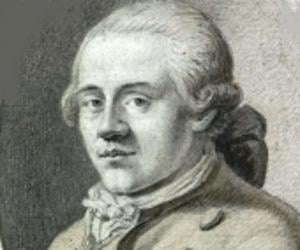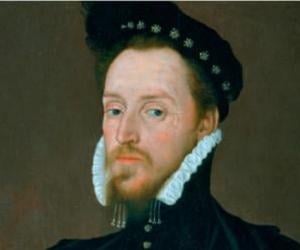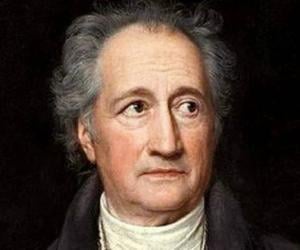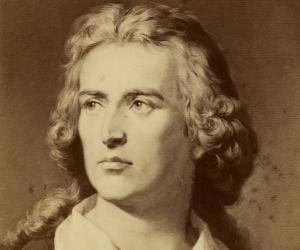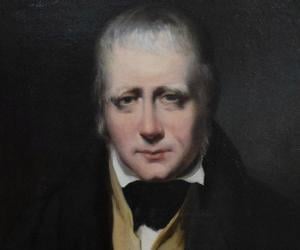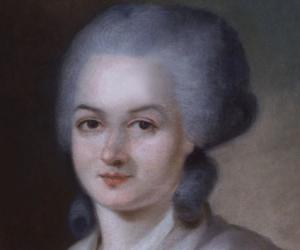Regarded as the greatest literary figure in Germany's modern era, Johann Wolfgang von Goethe was a statesman and writer. Apart from writing poetry and prose, he also wrote treatises on color, anatomy, and botany. Thanks to his literary genius, Goethe was made part of the Duke's privy council in Weimar and he implemented several reforms at the University of Jena.
Friedrich Schiller was a German poet, physician, philosopher, playwright, and historian. Schiller is best remembered for his friendship with Johann Wolfgang von Goethe and the two discussed issues concerning aesthetics. Schiller's discussions with Goethe paved the way for a period, which came to be known as Weimar Classicism. Friedrich Schiller is also widely regarded as Germany's most prominent classical playwright.
Walter Scott was a Scottish novelist, poet, historian, and playwright. Scott's ability as a writer and his knowledge of history made him a pioneering figure in the formation of the historical novel genre. An influential writer, many of his works remain classics of Scottish as well as English-language literature. Scott was admired by other prominent writers like Letitia Elizabeth Landon.
Olympe de Gouges was an 18th-century French playwright and political activist. Her writings on women's rights and abolitionism were popular in various countries. She was an outspoken advocate against the slave trade in the French colonies. She demanded that French women be given the same rights as French men. She was executed during the Reign of Terror.
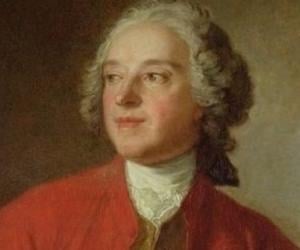
Pierre-Augustin Caron de Beaumarchais was a French polymath who had worked as a watchmaker, playwright, musician, financier, and diplomat. He was also an inventor and revolutionary. He was much respected in French society and held influence in the court of King Louis XV. He supported American independence and actively participated in the early stages of the 1789 French Revolution.
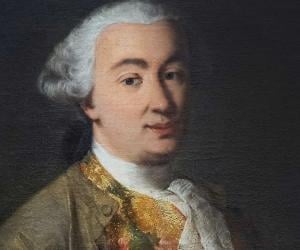
Carlo Goldoni was an Italian librettist and playwright from the Republic of Venice. He is credited with producing some of Italy's best-loved and most famous plays. His plays are often admired for their ingenious mix of honesty and wit. One of his most famous works, Servant of Two Masters, has been translated into many languages.
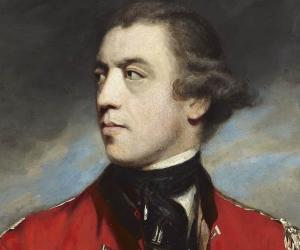
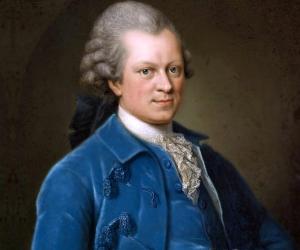
Gotthold Ephraim Lessing was a noted German dramatist, critic, and author, remembered especially for his contribution towards liberating German theatre from the influence of its classical and French counterpart. Known for such literary masterpieces like Miss Sara Sampson; Emilia Galotti; Minna von Barnhelm; Nathan the Wise; Laocoön; Hamburg Dramaturgy, he is now considered an outstanding representative of the Enlightenment era.
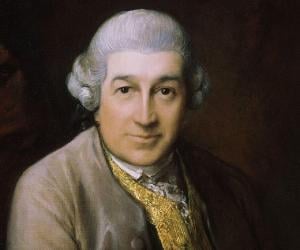
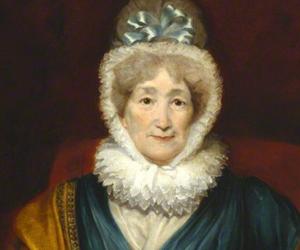
English religious author Hannah More soared to literary fame with the release of Village Politics, penned under the pseudonym Will Chip. Its popularity made her write an entire series of tracts that educated the poor. She also established clubs and schools, apart from opposing slavery along with the Clapham Sect.
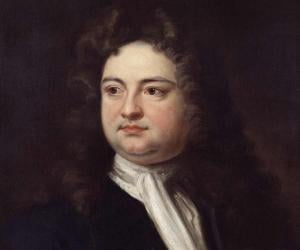
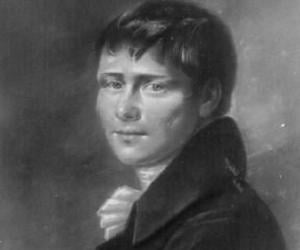
Dissatisfied with his army career, Heinrich von Kleist had also studied law and math but quit studies later to devote himself to writing. Part of German Romanticism, he penned iconic plays such as The Schroffenstein Family and Hermann’s Battle. He eventually shot himself and his lover Henriette in a murder-suicide.
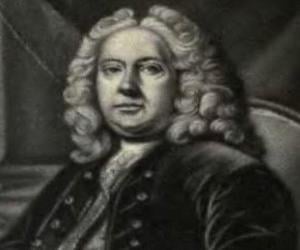
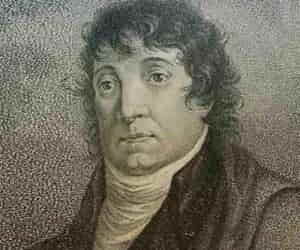
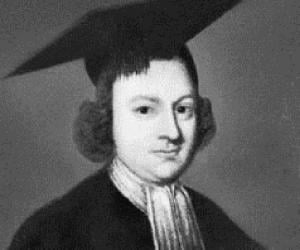
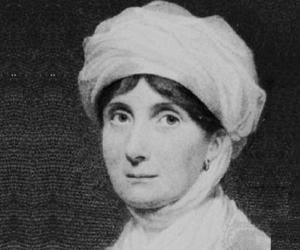
Joanna Baillie was a Scottish dramatist and poet who recieved critical acclaim for her works, such as Fugitive Verses and Plays on the Passions. One of her most popular works DeMonfort helped inspire Byron's drama, Manford. Baillie was also known for her philanthropic efforts; she donated half her earnings to charity and took an active part in several philanthropic activities.
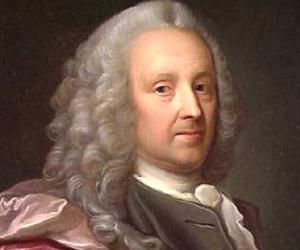
One of the forefathers of Norwegian and Danish literature, Ludvig Holberg was a legendary literary figure of the Dano-Norwegian dual monarchy era. Initially a French tutor, he later studied music, before devoting himself to writing. His comedies earned him the nickname of The Molière of the North.
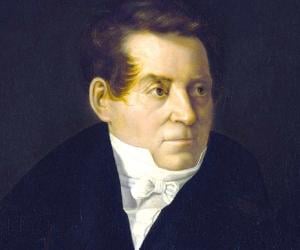
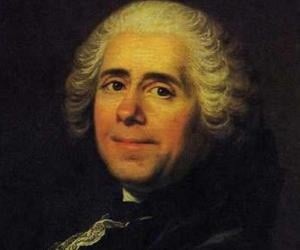
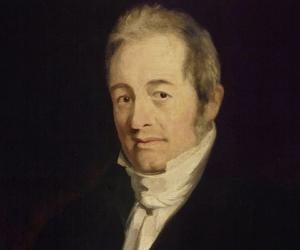
John Galt was a Scottish entrepreneur, novelist, and social and political commentator. Often referred to as the first English-language political novelist, Galt wrote extensively on issues pertaining to the Industrial Revolution. John Galt is also known as the father of Sir Alexander Tilloch Galt, who went on to become one of the fathers of the Canadian Confederation.
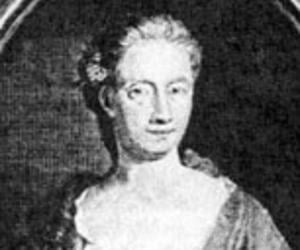
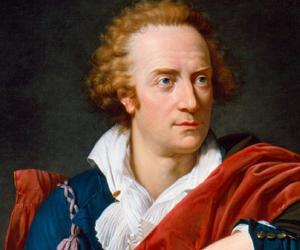
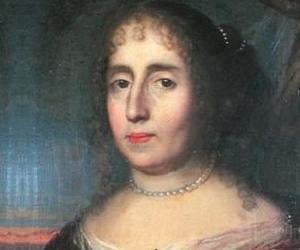
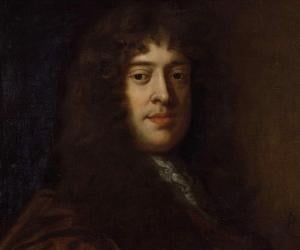
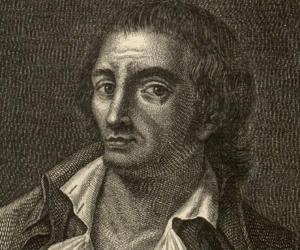
Jean-Marie Collot d'Herbois was a French actor, essayist, dramatist, and revolutionary. He played an important role during the Reign of Terror, serving as one of the most important members of the Committee of Public Safety. Although he is credited with saving Madame Tussaud from the Guillotine, Collot d'Herbois oversaw the execution of over 2,000 people in Lyon.
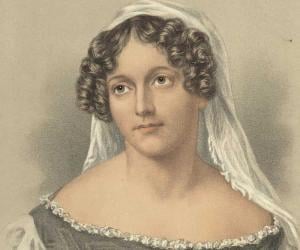
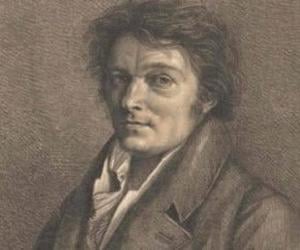
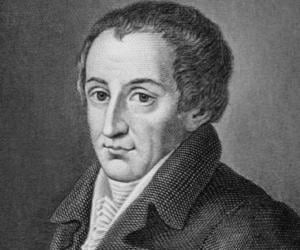
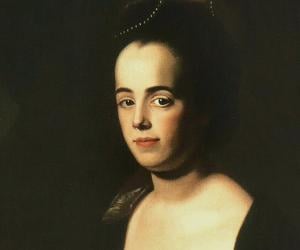
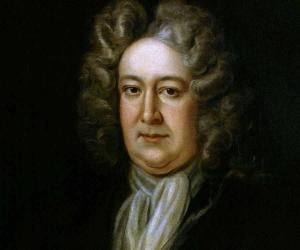
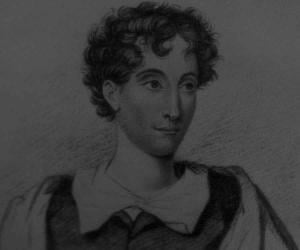
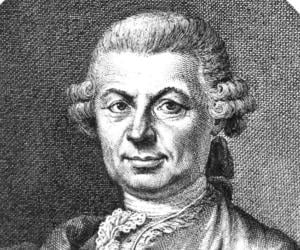
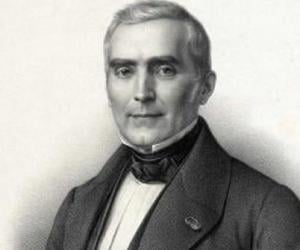
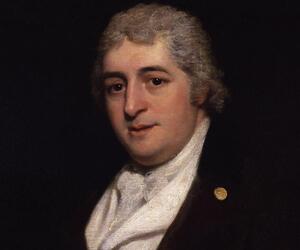
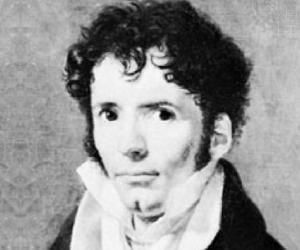
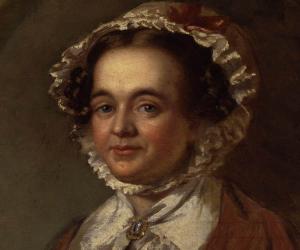
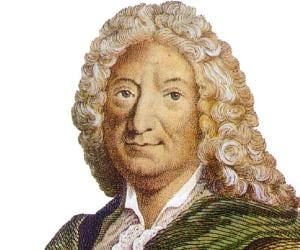
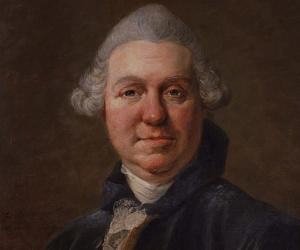
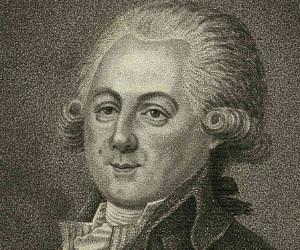
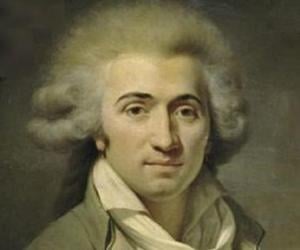
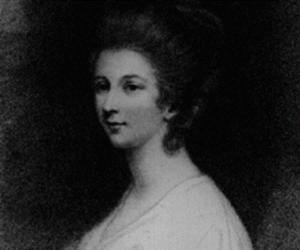
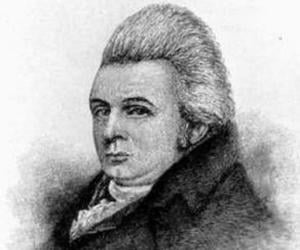
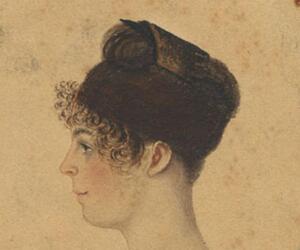
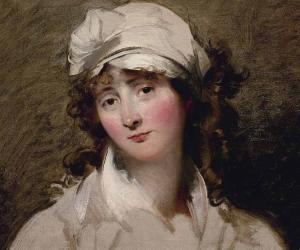
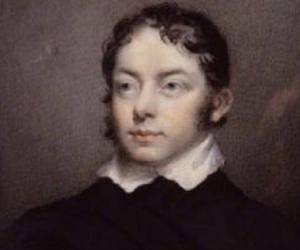
Remembered as Monk Lewis, because of his iconic Gothic novel The Monk, English novelist Matthew Lewis initially worked for the British embassy in the Netherlands. The owner of a huge fortune in Jamaica, he made a voyage to the place to supervise his slaves but died of yellow fever on the voyage back.
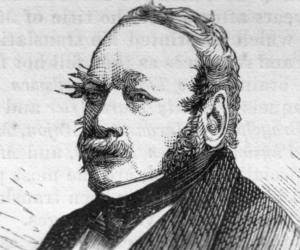
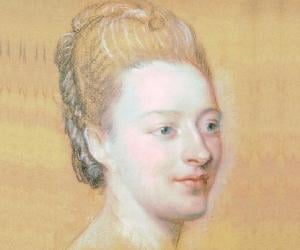
Isabelle de Charrière was born to a Dutch noble family but later married her brother’s Swiss teacher and settled in Switzerland. A fine novelist, known for works such as Trois Femmes and Caliste; ou, lettres écrites de Lausanne, she critiqued social conventions and aristocratic privilege.
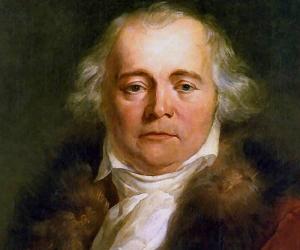
Julian Ursyn Niemcewicz is remembered as the first author from Poland to have studied English literature minutely and also translated the works of various English authors, such as John Dryden and John Milton. His 3-volume Jan of Tęczyn brought the genre of the historical novel to Poland.
